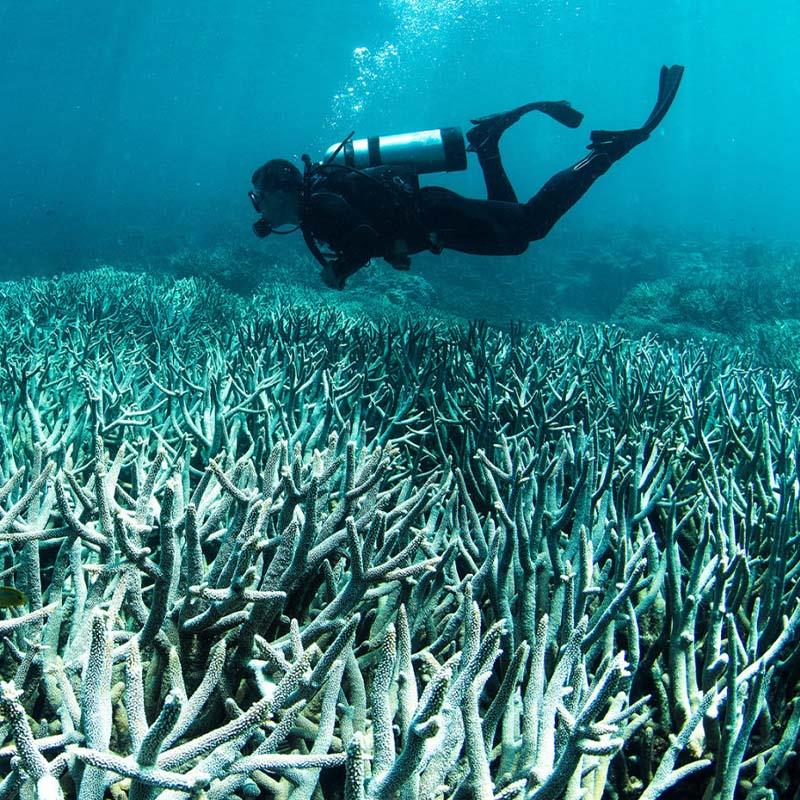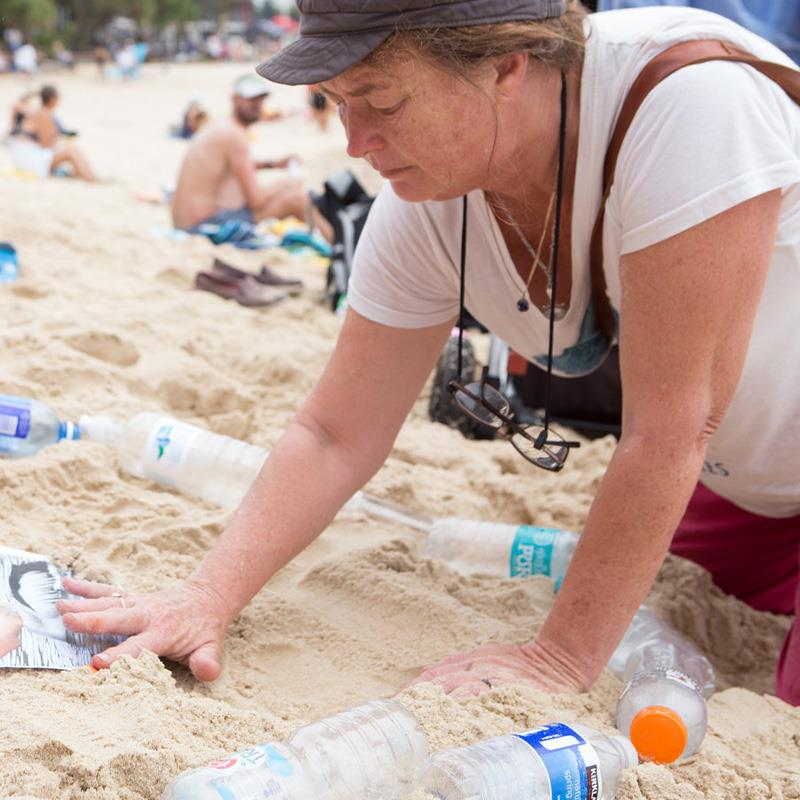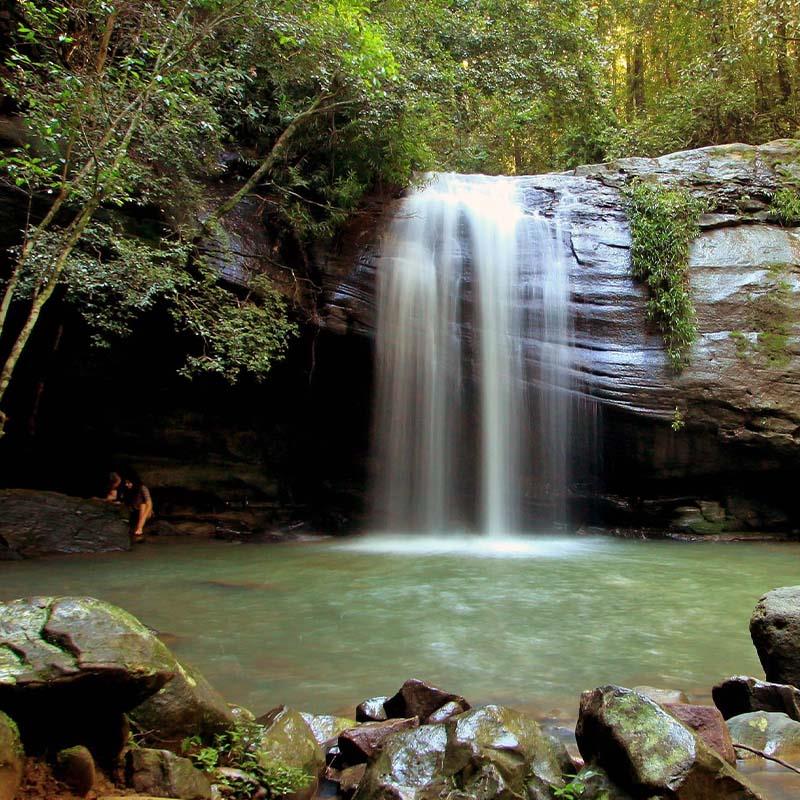From the rivers to the oceans, everything we do has a flow on effect
The natural environment is facing an unparalleled influence from human consumption. The preservation of the our natural environment depends on our ability to make sustainable choices, both as individuals and as a community. Whether it's reducing the amount of plastic waste we create, saving energy, reducing food waste, or being conscious of our water usage we can assist in the conservation of our environment.
Our Climate & Conservation Campaigns
Learn more about the ways that you, as a individual, community, school, or business can contribute to climate, plastic, and sustainability initiatives.
Climate Action
Our Climate and Conservation campaigns look specifically at sustainable and resourceful choices for our future.
Plastic Waste
Our plastic waste campaign supports the achievements of campaigns that reduce the impacts of plastic waste entering our oceans within other organisations as well as our own.
SUSTAINABILITY
Our sustainability campaign aims to increase awareness of pressing issues and motivate individuals to take action, encouraging them to reap the benefits of embracing a more sustainable lifestyle.
Reducing our environmental footprint
We can significantly reduce our impact on the environment by adopting sustainable practices and making conscious choices in various aspects of our lives. Here are some actionable steps you and communities can take to minimise their environmental footprint:
-
Reduce, Reuse, Recycle
By practicing the "3 Rs" we can reduce consumption, reuse items whenever possible, and recycle materials like paper, glass, and plastics to reduce the amount of waste sent to landfills.
-
Minimise Single-Use Plastics
Using reusable bags, bottles, and containers can begin to reduce plastic waste. We can also avoid single-use plastics like straws, utensils, and plastic bags to reduce our impact.
-
Educate and Advocate
Raising awareness about environmental issues and advocating for policies that promote sustainability and protect the environment.
-
Conserve Energy
Use energy-efficient appliances, LED light bulbs, and programmable thermostats to reduce energy consumption. Turn off lights, electronics, and appliances when not in use.
-
Reduce Food Waste
Plan meals, store food properly, and compost food scraps to reduce the amount of food waste sent to landfills.




